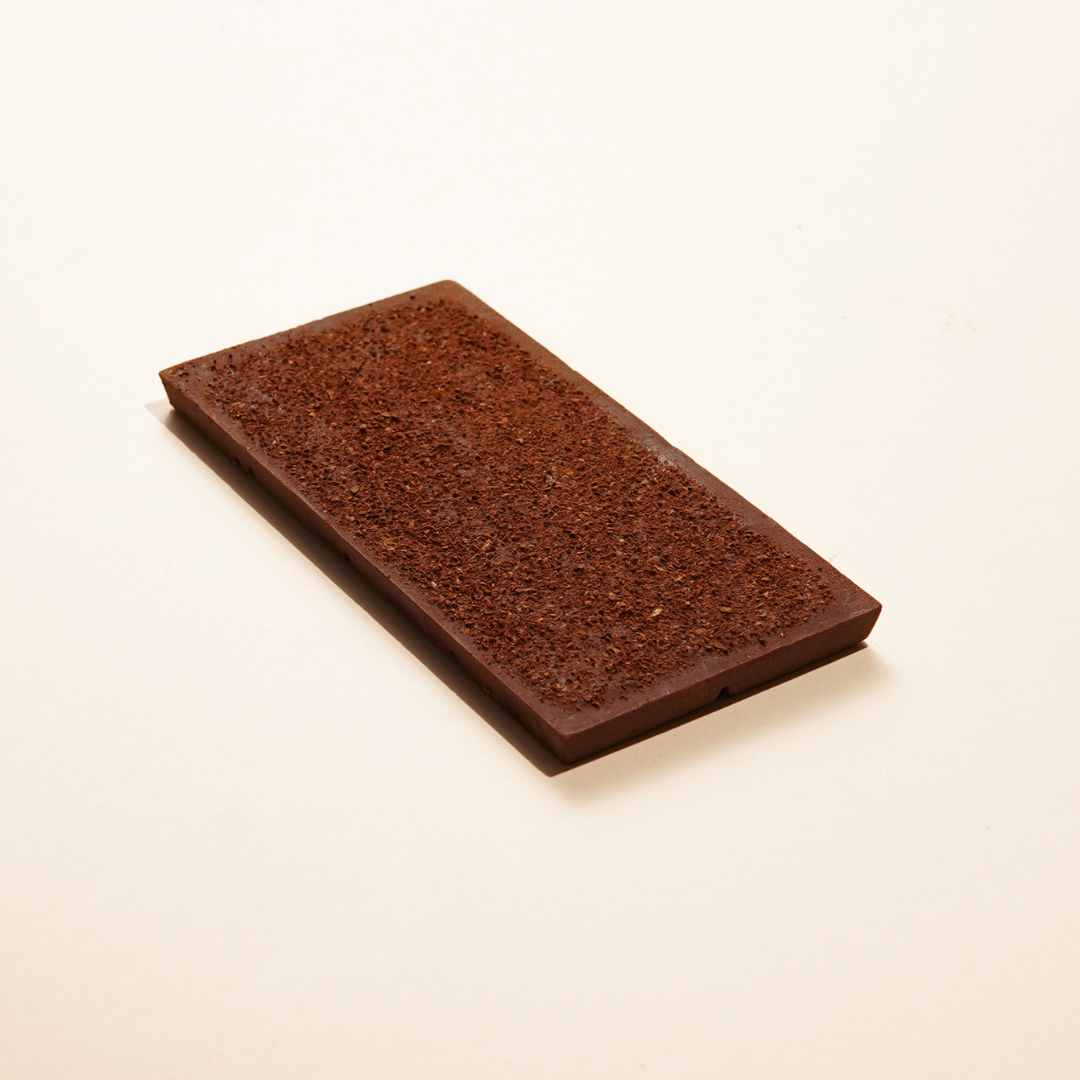For those of you who don’t know, in general terms, leptin is a hormone your body releases to helps the body maintain your normal weight on a long-term basis. The level of leptin in your blood is directly related to how much body fat you have. There’s a thing called leptin resistance that causes you to feel hungry and eat more, even though your body has enough fat stores.
In today’s article, we’ll dive into what leptin is, what its function is, and how to master it. So keep reading!

What is leptin?
As we’ve already mentioned, leptin is a hormone. This hormone is released by your adipose tissue (body fat) that helps your body maintain your normal weight on a long-term basis. It does this by regulating hunger by providing the sensation of satiety. Basically, what tells your body “I don’t need more food, thanks”.
Hormones are chemical messengers that are secreted directly into the blood, which carries them to organs, muscles, and tissues of the body. These signals tell your body what to do and when to do it. There are several types of hormones that act on different aspects of our body's functions and processes. Some of these include:
- Development and growth
- Metabolism of food items
- Sexual function
- Reproductive health
- Cognitive function and mood
- Maintenance of body temperature and thirst
What is the function of leptin?
Back to Leptin, let’s see what its function is. Leptin’s main function is to help regulate the long-term balance between your body’s food intake and energy use. Leptin helps prevent hunger and regulate energy balance so that your body doesn’t trigger a hunger response when it doesn’t need energy (calories).
Leptin mainly acts on our brainstem and hypothalamus to regulate hunger and energy balance, though we also have leptin receptors in other areas of the body. Leptin doesn’t affect your hunger levels and food intake from meal to meal but rather acts to alter food intake and control energy expenditure over a longer period of time to help maintain a normal weight.
It’s produced by your body’s fat cells, the more body fat they carry, the more leptin they produce. Then fat cells use leptin to tell your brain how much body fat they carry. High levels of leptin tell your brain that you have plenty of fat stored, while low levels tell your brain that fat stores are low and that you need to eat. The main function of leptin is to send a signal telling your brain how much fat is stored in your body’s fat cells.
How to master leptin?

If you’re thinking “but I’m always hungry!” think twice. Many times we confuse hunger with other emotions such as anxiety or stress and perceive it as such. You can read this article on mindful eating as a way to be more aware of these feelings.
Now, if you’re wondering how to master leptin, we have the answer for you. There’s a way to master it, called The Leptin Diet. The basis of this diet is to follow 5 simple rules in order to get more energy from less food. According to the creator of this diet, it’s just as important when you eat as what you eat. He says that when you eat in harmony with leptin your head will feel clearer and your energy better, your cravings will go away and your overall health will improve.
The underlying principles of the leptin diet apply to everyone, whether you need to lose weight or not. It’s not just a diet, but a lifestyle for eating properly grounded in the science of leptin. Plus, it’s something you can happily and healthily do over the long haul. So, without further ado, let’s dive into The Five Rules of The Leptin Diet.
Rule 1: Never eat after dinner
As we established before, your body consumes calories because it needs to burn them, so if you eat and then sit on the couch or go to sleep, your body doesn’t get a chance to use up those calories. This is why you need to finish eating dinner at least 3 hours before bed and allow 11-12 hours between dinner and breakfast. One of leptin’s main rhythms follows a 24-hour pattern. Leptin levels are highest in the evening hours. It coordinates the timing and release of melatonin, thyroid hormone, growth hormone, sex hormones, and immune system function to carry out rejuvenating sleep. It does this while burning fat at the maximum rate compared to any other time of the day.
When it’s not working that well, you can tell. You’ll feel extra cravings for food, especially in the afternoon and in the evening. These cravings are powered by a misguided leptin signal to eat, causing strong urges that can overwhelm your willpower and self-control. So, by trying not to eat dinner too late and not to eat after dinner at night, you’ll find improvements. And no, we don’t mean dessert, you can always have dessert ;) just remember to move a bit and activate your muscles. Whether it’s washing the dishes or preparing lunch for the next day, move your body!
Rule 2: Eat three meals a day
In order for the leptin to work properly, you need to allow 5-6 hours between meals. It’s important to create times during the day when triglycerides are cleared from your blood. If they build up during the day, they are physically clogging leptin entry into your brain, causing leptin resistance.
Our metabolism is not designed to deal with constant eating. Doing so confuses our metabolism and the result is we end up eating much more than what we really need. Some people eat 3 meals a day or 2 larger meals and one snack; entirely up to you.
Rule 3: Do not eat large meals
Try to finish a meal when slightly less than full. The ‘full’ signal will usually catch up in 10-20 minutes. Also, eating slowly is important for your digestion. Take your time chewing and enjoy every bite. Listen to the signals your body is sending you when eating, and try to practice more mindfulness towards the way you eat.
Try to control your portion size and only put in your plate what you need, not more. The fastest way to cause leptin problems is to eat larger meals. It doesn’t matter that much if the meal is composed mostly of fat, carbohydrates, or protein. Eating large meals and overeating on a regular basis is the easiest way there is to poison your body with food.
Rule 4: Eat a breakfast containing protein
This rule is especially important for individuals who struggle with energy, food cravings, and/or body weight. The 2 signs of a poor breakfast are:
- You’re unable to make it five hours to lunch without food cravings or your energy crashing.
- You’re much more prone to strong food cravings in the afternoon or evening.
Your metabolism can increase by 30% for as long as 12 hours from a high-protein meal. A high-carbohydrate breakfast does not enhance metabolic rate by more than 4%, especially when eaten with little protein.
Rule 5: Reduce the number of carbohydrates eaten
Carbs are easy-to-use fuels. If you eat too much of them your body won’t dip into its savings account, and you’ll keep storing fat. It’s important to eat some carbs, but not overdo them, 50-100g is suggested for the average population. We recommend checking with a professional to get the right amount for you.
It’s best to stay on a low-carb diet, where you eat a little portion of this macronutrient, the amount that your body needs and will use instead of storing. Plus, you get to volume eat instead of having small carb portions. More energy, more focus, and a true feeling of satisfaction.





Leave a comment
All comments are moderated before being published.
This site is protected by reCAPTCHA and the Google Privacy Policy and Terms of Service apply.